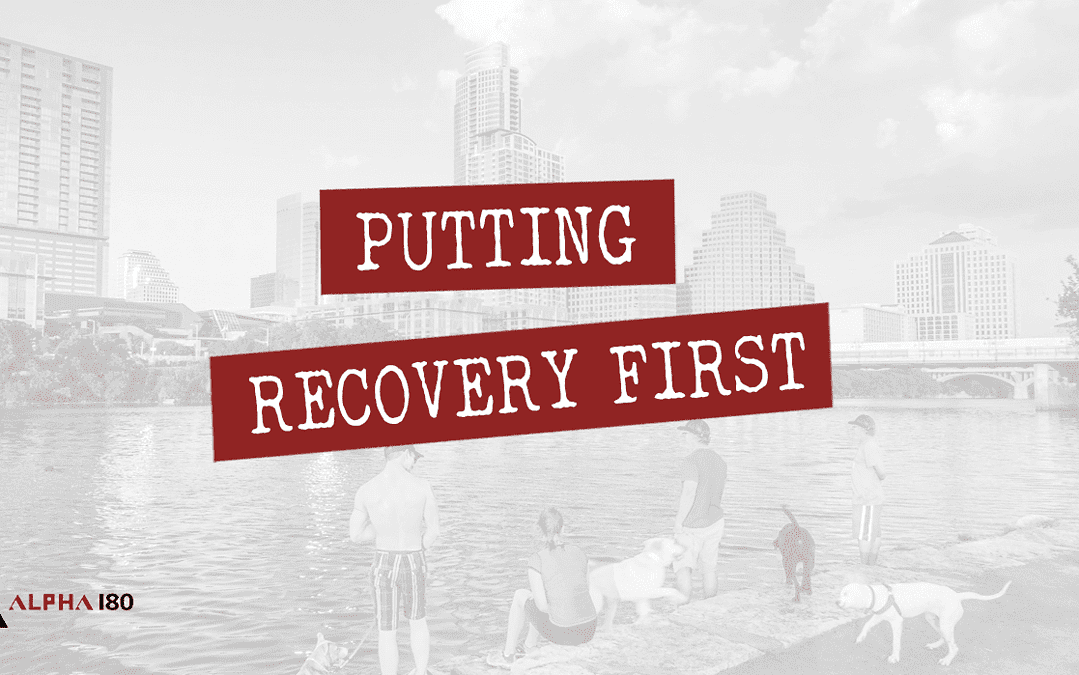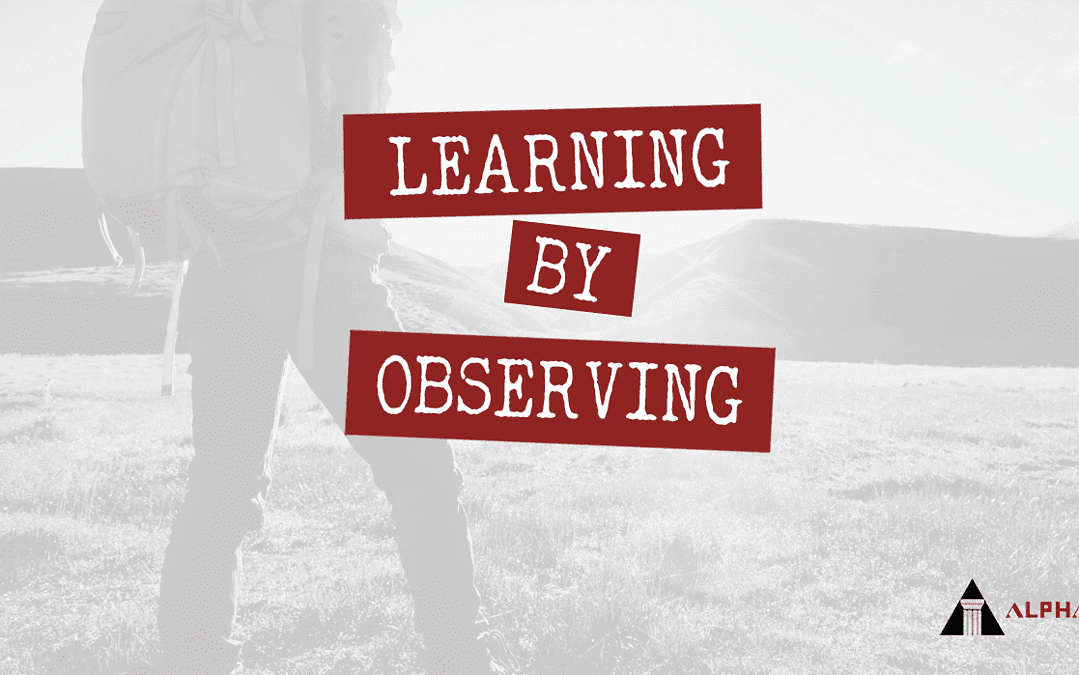An often-overlooked struggle for young adults embarking on the journey of recovery is identity formation. The developmental task of identity formation is crucial for any young adult, but for those in recovery there is additional complexity. Substance use directly impacts relationship development, socialization, and long-term planning, all of which affecting how we will ultimately see ourselves in the world.
Psychologist Erik Erikson developed a multi-stage model outlining the most important psychological tasks an individual faces during their lifetime. In Stage 8, Identity vs. Role Confusion, adolescents moving to young adulthood seek to answer the question, “Who Am I?” Drugs and alcohol may significantly impact this process. When stripped of substances, young adults in early recovery are left confused, empty, and directionless. While recovery communities provide numerous benefits, more is needed.
Academics play a fundamental role in identity formation. By safely incorporating academics in recovery, young adults may receive many benefits, including:
- Future-oriented perspective
By enrolling in school, young adults begin to think long-term. They see a future for themselves that goes beyond just staying sober. It instills hope, ambition, and direction. - Sense of Belonging
After years of isolation, academics provide a positive peer culture based on shared ambition. Students in recovery begin to identify as such and experience a sense of connection and camaraderie with their peers. - Substitute for Loss of Identity
Formulating a new identity in early recovery is critical to long-term success. With academics incorporated alongside recovery goals, students begin to shed the identity that was once wrapped up in drug culture.
At Alpha 180, we recognize the importance of identity formation for young adults. Getting sober young, while positive, dramatically disrupts this process and leaves these individuals feeling lost and overwhelmed. By safely incorporating academics, students begin to have hope for their future, a feeling of belonging, and a healthy sense of identity, rooted in recovery.
WILL CROSSWELL, LCSW, LCDC
Will is devoted to assisting young adults on their journey toward sobriety and believes that everyone can recover from the disease of addiction. HERE






